As the 16-day activism against gender-based violence commences, world leaders are worried about the rising scourge in Nigeria.
UNWomen and the World Bank have said that Nigeria needs about N1 trillion to tackle gender-based violence.
They equated the cost of addressing sexual and gender-based violence (SGBV) in Nigeria to about 1.5 per cent (N1.06 trillion) of her annual Gross Domestic Product (GDP).the country’s economy
The international agencies made this known at the Ministry of Women Affairs flag-off of the 2024 16 Days Activism Against Sexual and Gender-based Violence in Abuja.
Speaking at the event, UNWomen country director, Beatrice Eyom, said gender-based violence transcends the limited perspective of the physical abuse of a woman or both genders and, instead, bears economic implications that hinder national development.
READ ALSO: NGO Advocates Specialised Courts On GBV Cases
“About 42 per cent of Nigerian women are financially excluded compared to 35 of the male populace, while women hold less than 5 per cent of elected positions. Nigeria witnessed a significant economic loss to GBV, estimated at 1.5 per cent of her annual GDP, hindering national development and progress.
“Gender-based violence is beyond a man beating his wife. It can reduce the nation’s economic growth. Nigeria will never rise above poverty if GBV is not reduced.” said Eyom.
Estimating Nigeria’s (1.5 per cent) economic losses to GBV at trillions of naira annually, World Bank country director for Nigeria, Mr Ndiamé Diop, said these figures do not include productive hours of work lost resulting from GBV victims’ inability to return to their businesses.
“The economic impact of gender-based violence is multi-generational. The resources the government of Nigeria deploys in trying to address the impact of GBV could have been used to address child health or other forms of health challenges in the country,” said Diop who was represented by a World Bank official at the event.
Responding to UNWomen’s worry about the global decline in funding for the fight against sexual and gender-based violence and Eyom’s call for the government to invest in implementing gender policies, access to justice, and prevention of GBV, Diop said the World Bank is committed to aiding the Nigerian government in the fight against GBV in alignment with its portfolio.
“The bank has $17bn in funding, of which $540m is slated to address women’s economic empowerment. As a bank, we are committed to supporting the government of Nigeria in women’s economic empowerment. We are committed to supporting the GBV campaign through our portfolio, which is nearly $17bn, and gender-based violence prevention and response is the key component across that portfolio,” said Diop.
LEADERSHIP reports that the 2024 edition of the annual campaign, which has the theme ‘Towards Beijing +30: Unite To End Violence Against Women’, calls on individuals and women-focused groups and organisations to take action towards eliminating violence via themed activities for each day of the campaign.
On his part, the executive director of the Centre for Communication and Social Impact (CCSI), Ms Babafunke Fagbemi, expressed deep concern at the growing cases of violence against women worldwide.
Ms Fagbemi, in a statement issued in Abuja, said the latest figures released by the United Nations (UN) on the matter are not only depressing, but they should serve as a wake-up call for concerned citizens to demand an end to violence against women and girls in society.
According to the latest report by UN Women and the United Nations Office on Drugs and Crime (UNODC), entitled Femicides in 2023: Global Estimates of Intimate Partner/Family Member Femicides, one woman or girl is killed every 10 minutes by their intimate partner or a family member.
In 2023 alone, 85,000 women and girls were intentionally killed globally, and 60 per cent of these deaths—51,000—occurred at the hands of partners or family members.
The report further revealed that Africa recorded the highest rates of intimate partner and family-related femicide in 2023, followed by the Americas and Oceania. In Europe and the Americas, most women killed in domestic settings (64 per cent and 58 per cent, respectively) were victims of intimate partners. At the same time, in other regions, family members were the main perpetrators.
These figures highlight the pervasive nature of femicide, the most extreme form of violence against women and girls, and underscore the urgent need for collective action.
CCSI called for more muscular criminal justice systems to hold perpetrators accountable and increase survivors’ support, including access to safe and transparent reporting mechanisms.
Ms. Fagbemi emphasised the importance of addressing the root causes of violence, including gender biases, power imbalances, and harmful norms.
She urged governments, communities, and stakeholders to invest in comprehensive strategies that combine prevention, protection, and accountability.
As part of this year’s 16 Days of Activism campaign, CCSI joins the global call to revitalise commitments and demand urgent action from decision-makers.
With the 30th anniversary of the Beijing Declaration and Platform for Action approaching in 2025, this period presents a critical opportunity to channel resources towards ending violence against women and girls.
CCSI urged everyone to amplify their voices using #NoExcuse and #16Days, and to take concrete steps to build a safer world where no woman or girl lives in fear of violence.
Mrs Tinubu seeks support for GBV victims, survivors
Nigeria’s First Lady, Remi Tinubu, has called for urgent collective action to combat gender-based violence, as the country joins the global community to commemorate the International Day for the Elimination of Violence Against Women.
This day marks the beginning of the 16 Days of Activism against Gender-Based Violence, an annual campaign to raise awareness and drive efforts to eliminate violence against women and girls.
In a press statement issued on Monday, the First Lady described gender-based violence as one of the most pervasive human rights violations, affecting nearly one in three women worldwide.
In Nigeria, she noted, harmful practices such as child marriage and female genital mutilation remain widespread, often rooted in cultural or religious traditions.
“Although we are making remarkable progress, many women and girls, especially in rural and underserved areas, remain trapped in cycles of violence and inequality,” she said.
Gender Equality, A Marker of Civilisation Says Shettima
Vice President Kashim Shettima has reaffirmed the Federal Government’s dedication to advancing gender equity through transformative policies.
The Vice President also emphasised the indispensable role of women in building a balanced and equitable society.
VP Shettima stated this on Monday during the H.I.D. Awolowo Foundation Webinar to commemorate the 109th posthumous birthday of Chief Hannah Idowu Dideolu Awolowo, wife of the late Chief Obafemi Awolowo.
VP Shettima, in a statement by his spokesman, Stanley Nkwocha, called for renewed national efforts to create an inclusive society where women are empowered to lead and thrive, saying, “Every nation’s treatment of women serves as the ultimate marker of its civilisation.
“We cannot claim to have evolved as a nation unless we recommit ourselves to creating a society that offers women unconditional dignity and opportunity,” the Vice President said,
He paid glowing tribute to the late Chief Hannah Idowu Dideolu Awolowo, describing her as a “matriarch like no other and a jewel of inestimable value.”
He lauded her contributions to modern Nigeria, noting her unwavering support for her husband, Chief Obafemi Awolowo, and her advocacy for women’s rights.
We’ll End Violence Against Women – Speaker Abbas
Speaker of the House of Representatives, Hon. Abbas Tajudeen, has declared that the National Assembly will do everything humanly possible to ensure all forms of violence against women and girls are drastically reduced, if not eliminated, shortly.
Abbas made this declaration while speaking at the Walk Against Gender-based Violence, which took place from the National Assembly complex to the Nigeria Police Headquarters in Abuja on Monday.
The event organised by the United Nations -UN Women, in collaboration with the National Assembly—is a demonstration against gender-based violence. It attracted 1000 participants who staged a walk in solidarity to demand more decisive action against the situation in Nigeria.
Speaker Abbas announced that the National Assembly, mainly the House, would play an active role in the next national action plan against violence against women that will be coming up very soon.
He said, “Today is a day of history. The National Assembly has chosen to join other groups in the country in fighting against gender violence.
“This year’s programme came at a time when, all over the world, women are crying, women are in anger, women are in frustration. This is the year the United Nations issued a damning report that for every 10 minutes, a woman is being killed across the world. This is an unacceptable trend. This is an unforgivable trend.
“We in the parliament must unite more than ever before with relevant authorities, particularly the law enforcement agencies, to ensure that we curb this dangerous trend to the barest minimum.
“I want to say it categorically clear here that the National Assembly will do everything humanly possible to ensure that all forms of violence against women and girls are drastically reduced, if not eliminated, in the nearest future.
“The House of Representatives will also participate actively in ensuring that policies are enacted that will significantly reduce the incidents of violence of all kinds against women, against children, against girls. We declare the 16 days of Activism to mark the elimination of violence against women in Nigeria,” Abbas added.

 2 hours ago
1
2 hours ago
1
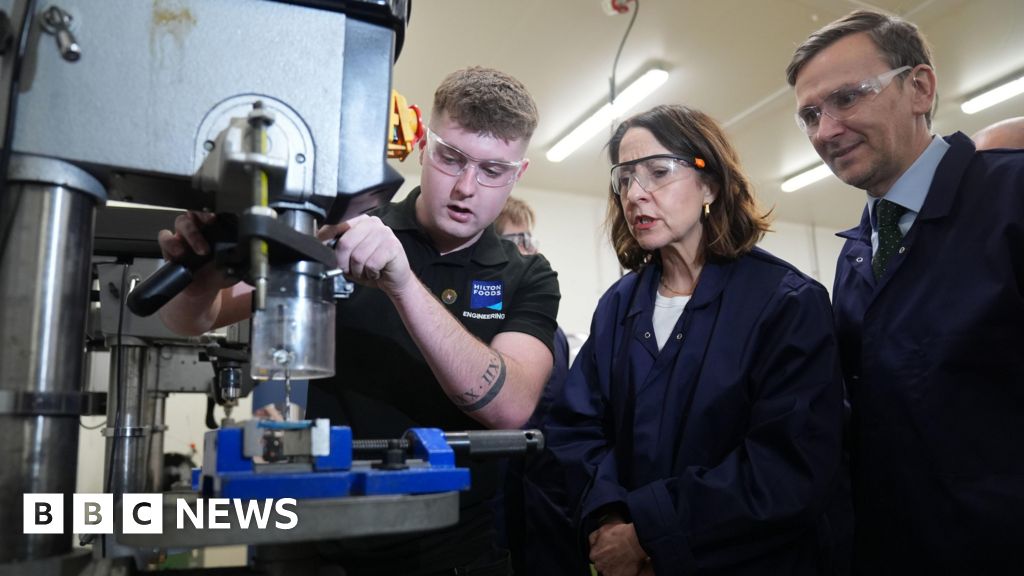

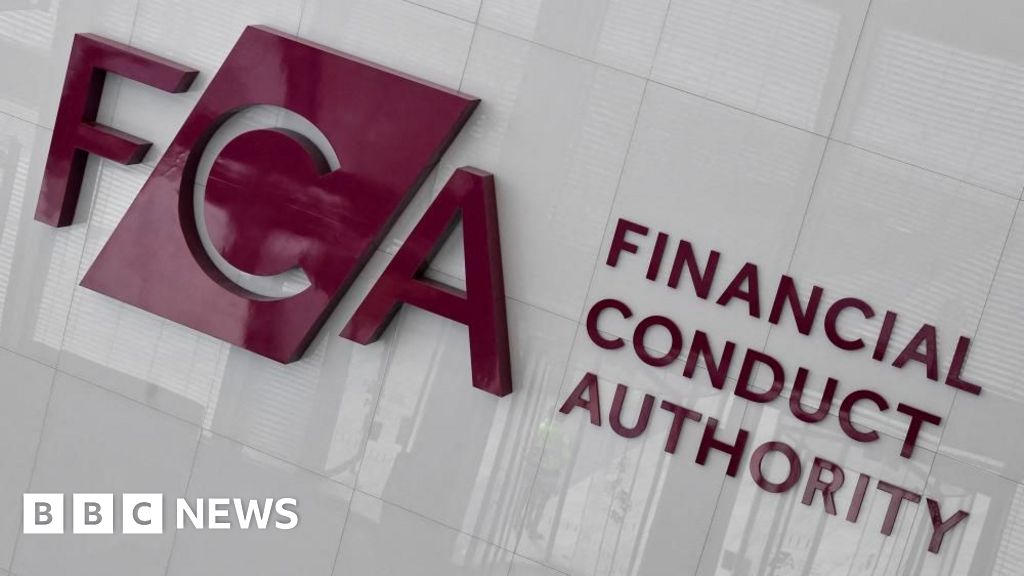
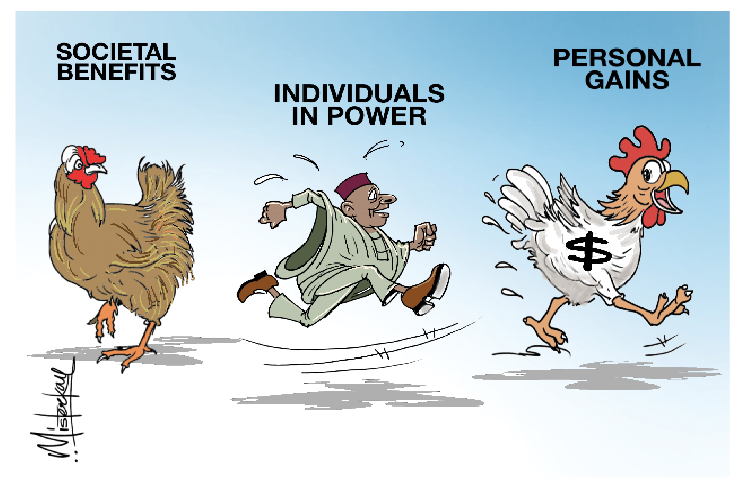


![[ICYMI] No N500m missing from customer’s account, says Access Bank](https://cdn.punchng.com/wp-content/uploads/2018/09/14183604/20180707-DSC_0077new.jpg)
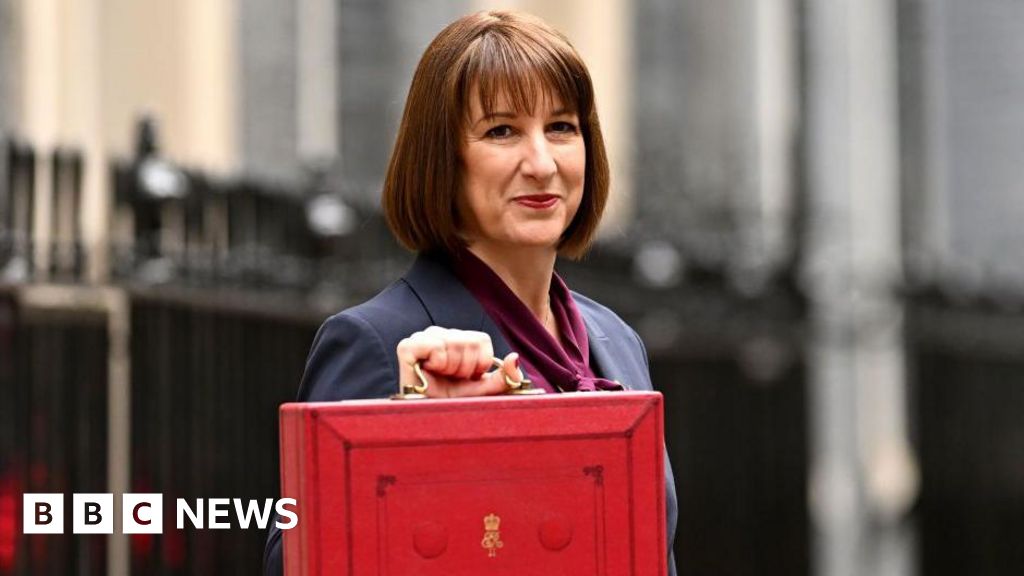
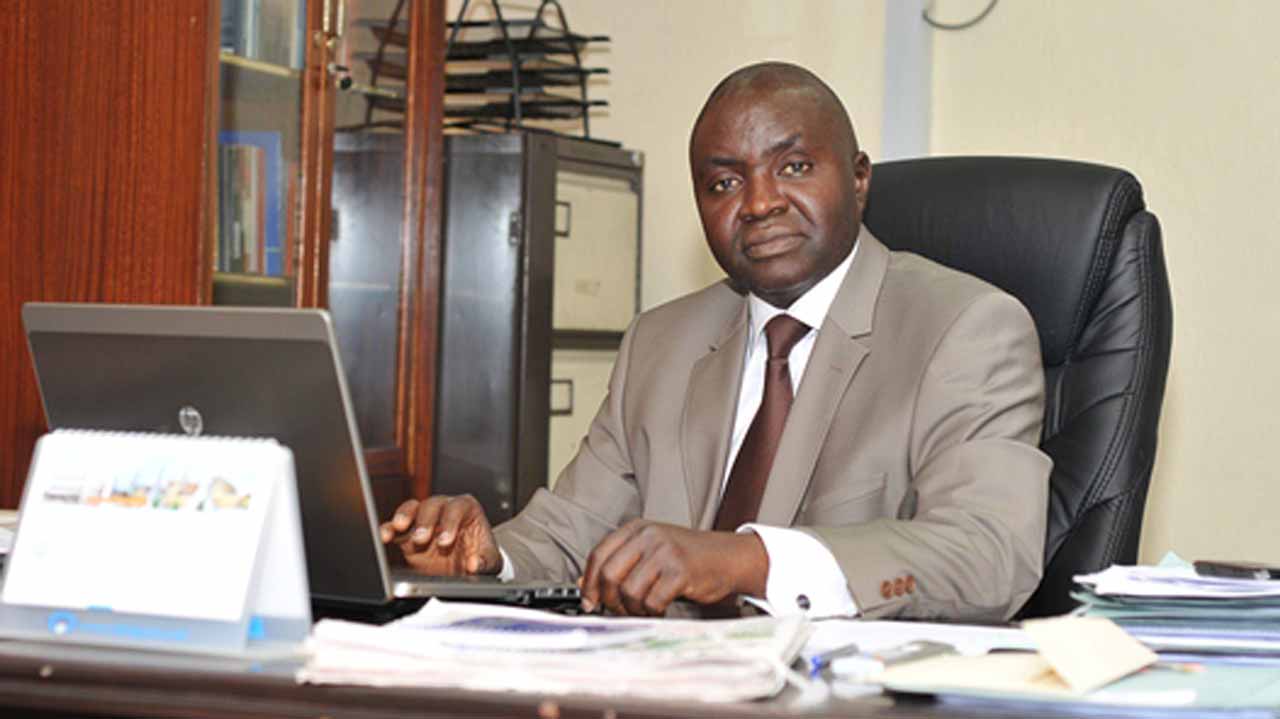
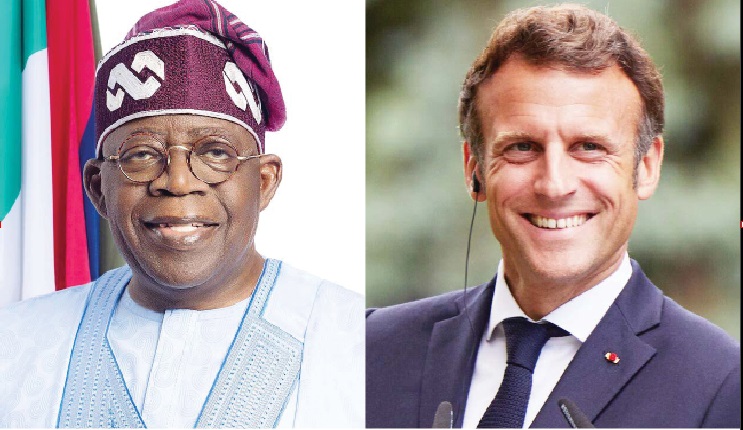



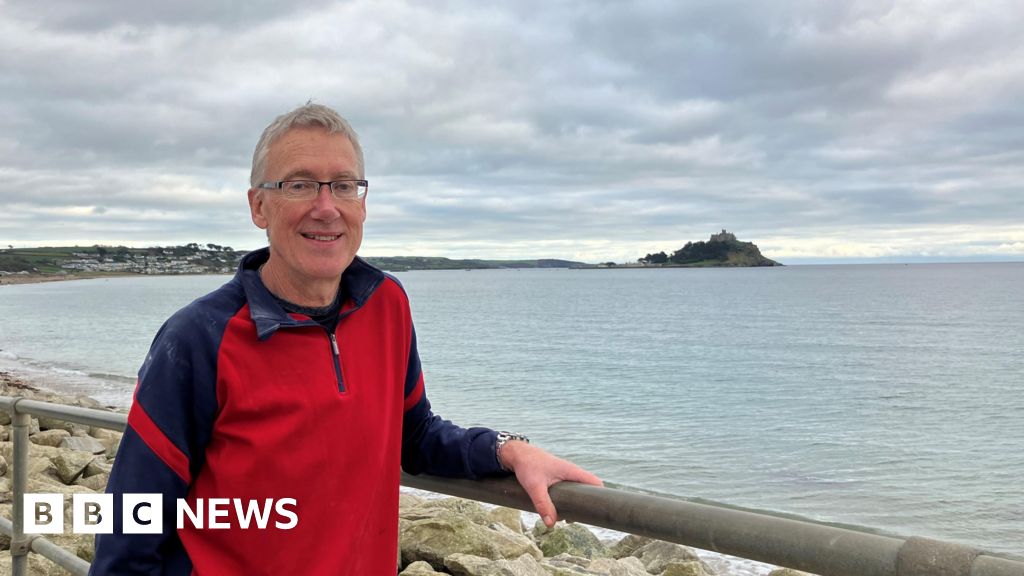
 English (US) ·
English (US) ·